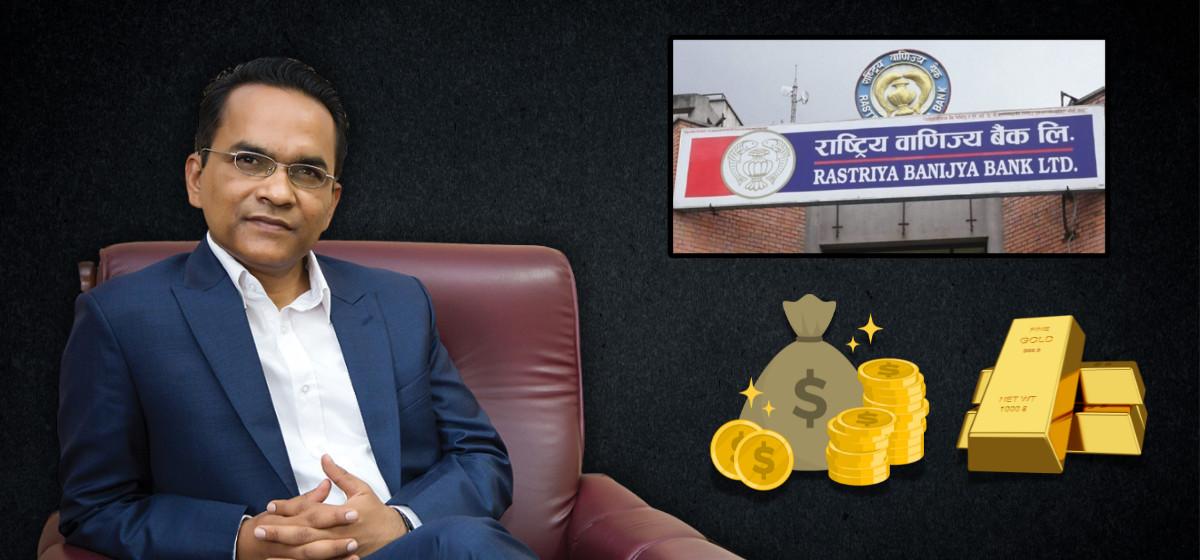KATHMANDU, Sept 18: Nepal Rastra Bank (NRB) Governor Dr Biswo Poudel has revealed that during the violent Gen-Z movement, Rs 50 million in cash and 18 kilograms of gold were looted from a branch of Rastriya Banijya Bank (RBB) located inside the Parliament building.
Speaking on Sushant Pradhan’s podcast about the economic damage caused by the Gen-Z movement, Dr Poudel shared the startling information.
“At one location, there was a grave robbery—that was the Rastriya Banijya Bank office inside the Parliament building,” Governor Poudel said. “There, around Rs 50 million in cash and about 18 kilos of gold were looted.”
US transgender woman wins Democratic nod for governor in Vermon...

He added that before the protests began, he had warned that the NRB itself might be attacked, but fortunately, the central bank’s main buildings in Thapathali and Baluwatar were unharmed. “Luckily, even as so many buildings around Thapathali and Baluwatar were destroyed, the NRB remained safe,” he said.
According to Dr Poudel, 68 branches of various banks and 69 ATMs across the country were damaged during the protests.
He explained that many of these branches were located inside government offices or commercial complexes, making them vulnerable targets. In one incident in Bharatpur, Chitwan, an entire ATM was carried away, though the thieves were unable to withdraw any money from it.
Despite such dire and tense circumstances, the governor expressed pride that the central bank’s Emergency Response Team and Business Continuity Plan prevented any halt to banking and digital payment systems.
“I was afraid that if ATMs ran out of cash and digital payments stopped, looting would increase and people would not be able to buy food,” he said. “But our team, even while taking great risks, maintained continuity in the payment system.”
He also recounted that after the incident on September 8, he called the head of the Bankers’ Association, urging them to ensure the safety of employees and to arrange for staff—especially women and those with young children—to return home early.
Dr Poudel highlighted that despite widespread unrest and significant damage to financial institutions, the country’s banking and payment infrastructure remained functional, thanks to timely precautions and the dedication of frontline staff.



































